CASIS Has No Idea How To Raise Money – Only How To Spend It

 Keith’s note: The organization chosen by NASA to promote the scientific utilization of the International Space Station has been unable to raise funds it planned to raise. The Center for the Advancement of Science in Space (CASIS) chosen by NASA in 2011 to manage the portion of the International Space Station that has been designated as a U.S. National Laboratory. Developed at the direction of Congress, CASIS was to be given NASA funds to promote research on the ISS while seeking to generate additional funds from the private sector to augment this research. The maximum annual value of this arrangement with NASA is $15 million per year.
Keith’s note: The organization chosen by NASA to promote the scientific utilization of the International Space Station has been unable to raise funds it planned to raise. The Center for the Advancement of Science in Space (CASIS) chosen by NASA in 2011 to manage the portion of the International Space Station that has been designated as a U.S. National Laboratory. Developed at the direction of Congress, CASIS was to be given NASA funds to promote research on the ISS while seeking to generate additional funds from the private sector to augment this research. The maximum annual value of this arrangement with NASA is $15 million per year.
According to the CASIS Strategic Plan, one of their operational strategies is to: “Develop a robust financial model to supplement government funding. CASIS funding from NASA is currently projected at $15M per year, to cover operating costs and to provide seed money for promising R&D. To meet the variety of demands on personnel, infrastructure, business processes and outreach that will grow over time, CASIS must develop additional resources in the form of partnerships and funding and create rigorous business and economic models in order to sustain these. Sources will include private financiers, corporate sponsorship, philanthropists and federal grants that may leverage cost sharing and equity investment in new ventures. Additionally, CASIS will practice management excellence in its operating models to ensure costs are minimized while ISS utilization is maximized effectively toward mission success.”
Well CASIS has failed miserably in this regard. If you look at their IRS 990 forms from 2011, 2012, and 2013 (the only returns available) you will see that for at least the past 3 years 99.9% of CASIS’ income was from NASA.
– In 2013 total revenue for CASIS Was $15,285,388. They received $15,273,635 from NASA; $9,193 from other sources, $2,525 from investments – and $35 from memberships (sounds like they only had one member). 99.92% of their income was from NASA. (source: 2013 Form 990)
– In 2012 total revenue for CASIS Was $15,279,936. They received $15,274,726 from NASA; $5,000 from other sources, $2,414 from investments – and $210 from memberships. 99.96% of their income was from NASA.(source: 2012 Form 990)
– In 2011 total revenue for CASIS Was $11,547,999. They received $11,544,789 from NASA (but they list it as “federated campaigns”) $1,774 from investments – and $3,210 from memberships. 99.97% of their income was from NASA. (source: 2011 Form 990)
And if you look at Part IX of the 990 forms for 2011, 2012, and 2013, none of the “functional expenses” went toward “fundraising”. CASIS did not even try to raise any external funds – at least that is what they told the IRS. Among the “functional expenses” is “travel”. CASIS spent $906,987 on travel in 2013, $709,266 in 2012, and $468,000 in 2011. While their fundraising fell flat, their travel costs doubled in three years. Oh, and then there’s another “functional expense”: advertising. CASIS spent $862,234 on advertising in 2013 – that’s four times the $235,753 they spent on in 2012 and twice the $359,105 they spent on it in 2011.
CASIS travel and advertising costs continue to rise, yet their external fundraising has only netted a few thousand dollars. None of the travel or advertising was for “fundraising”. What was it for? CASIS lists someone on their 990s as “Director of Development” at a 2013 salary of $197,000 – the same year CASIS only reported $9,193 in income – other than what NASA automatically provides. The CASIS Director of Development can’t even raise a single month’s salary for himself.
Yet if you go to the CASIS “Dashboard” They claim that they have $12,106,425 worth of “funding commitments received”. Since none of these funding commitments are showing up on their 990 forms (unless their 2014 form shows this windfall) most of this is just notional, as NASA is fond of saying. But wait – if CASIS has these commitments, how did they get them? Did people just walk up to CASIS and make these pledges? Or did CASIS seek out these commitments? If CASIS was out trying to drum up funding commitments from donors then they were “fundraising”. One problem: CASIS did not tell the IRS that some of their expenses were for “fundraising”. Or am I missing something?
Apparently this increasingly frequent travel by CASIS staff (which is ultimately paid for with money from NASA) has caught the attention of NASA. More to follow.
– NASA Challenges CASIS To Honor Agreement and Perform (Update), 2012
– Previous CASIS postings



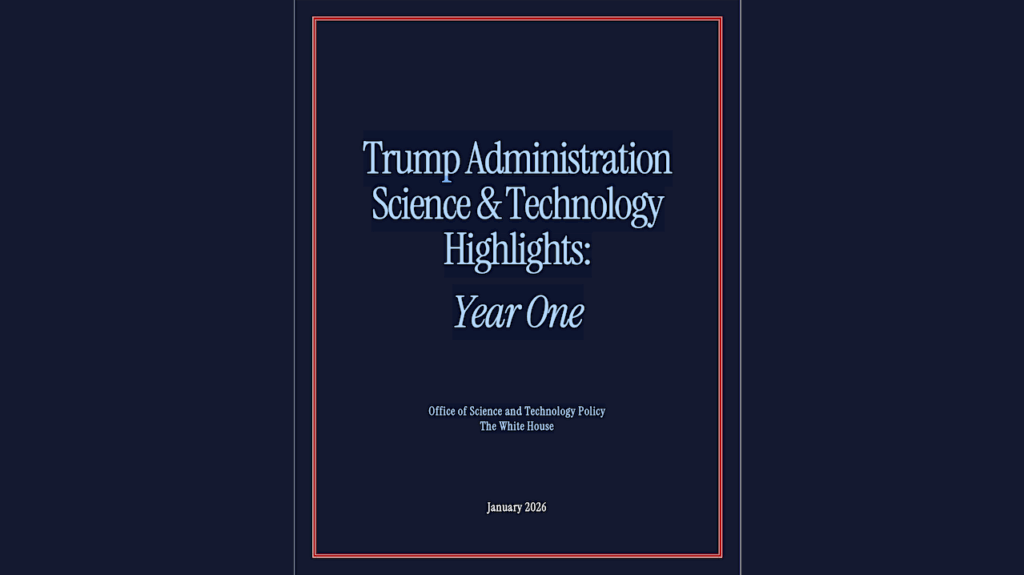
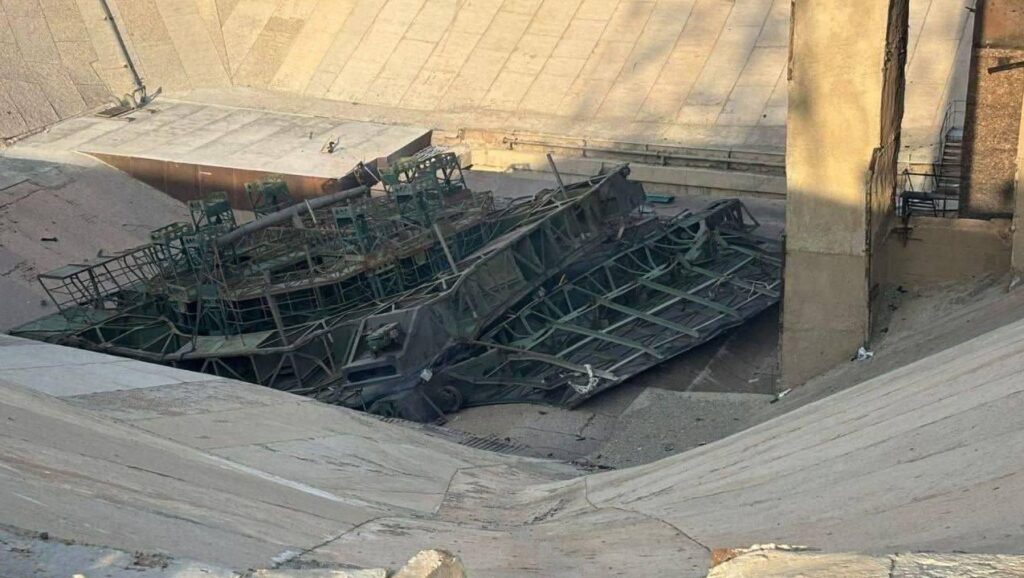
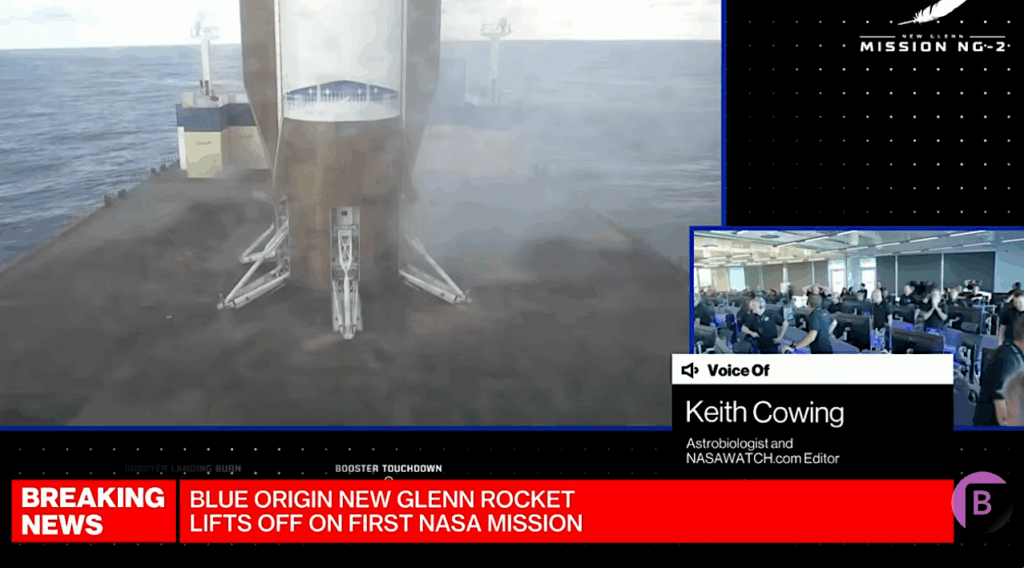
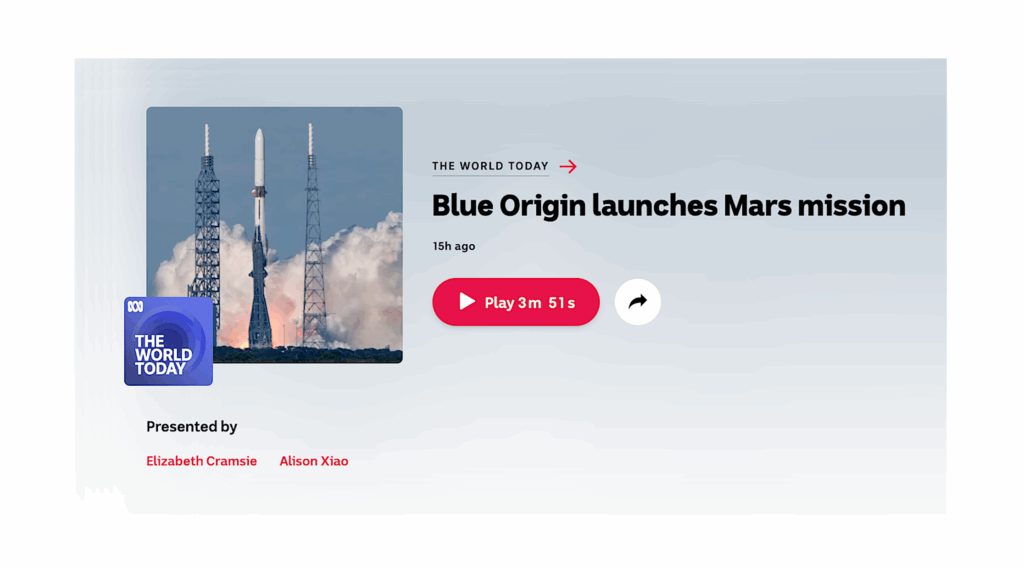
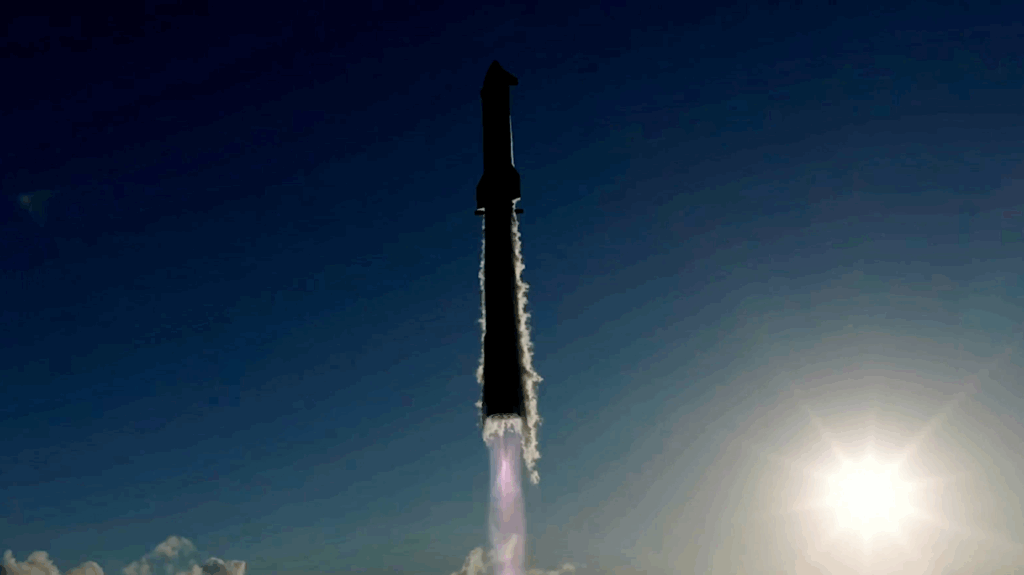

Its kind of like the blind leading the blind.
I’m not sure whether NASA or CASIS understands less about what they ought to be doing.
I base my statements on my experience in Shuttle, Spacehab and other programs. We were successful at recruiting PIs and payloads.
What potential experimenters wanted was a reasonably quick and easy way to do experiments in orbit. They wanted clear guidance on the process and the documentation. And in order to introduce this to prospective experimenters, they needed engineers responsible for the integration and the hardware to answer technical questions.
What NASA and CASIS have both been doing for several years, is running to science conferences telling everyone what wonderful science is being done on ISS; I guess in the hope that scientists or managers will see the wonderful science and jump on the bandwagon.
First, if there was really wonderful science going on and if there were great results coming from the experiments, everyone would know because of those major discoveries, inventions, new scientific principles, new patents…it has not happened.
The program can talk all they want about the wonderful results, but scientists, if they are any good, will know about successes in their own fields and industries. They will not believe the NASA hype. Without actual successes its like that Mars plan that NASA delivered a few days ago: a lot of arm waving and hype but nothing real or useful.
I sat in on a meeting a few weeks ago where they said, “we took an action to identify how an experimenter/PI lets the program know they might have a payload to fly.’ As far as we can determine, there is no such piece of paper, no website. The prospective PI does not even know who to contact. The process is not straightforward, or simple, or quick. The documentation is difficult to follow.”
I was a PI a few years ago. The program office argued for a year about whether it was an experiment or a DSO or DTO (the ISS program didn’t have DSOs and DTOs-Shuttle did). They would send me from one change board to another. It was easy for me because I work at the center. Imagine trying to do this if you are a PI from a university a thousand miles away. My experiment took place after the astronaut, who we had trained, called from orbit and told MCC he was proceeding with the experiment. So it proceeded in spite of the NASA program office, and not because of it.
I doubt there is even a single person in the ISS program who has had actual successful experience in setting things up properly-amazing since we are now 31 years into the program. There were plenty of us with the appropriate and successful experience. But the program manager/now AA, put a lot of his buddies, all out of payload operations, none of whom had any experience in payload integration, in charge.
The entire effort is unsuccessful and not improving and time is running out on the program.
I am surprised to hear CASIS is a non-profit that files 990s. I thought it was a National Lab like Livermore, Argonne, etc. that don’t have to do this?
It’s my understanding that NASA would like the ISS itself to be considered a national lab. CASIS is a NASA contractor with the task of selecting and supporting ISS payloads. In my opinion the requirement to find nonfederal funding was in large part imposed by NASA, under pressure to show “practical” results, and was probably unrealistic since the science appropriate for ISS (and it does exist) is largely basic in nature and unlikely to generate the short-term profits needed for industry sponsorship.
Thanks. In that sense the higher travel costs make some intuitive sense. If their job is to hustle funds, they have to be on the road a lot. I agree that the expectation you explained is unrealistic although I don’t think that ISS science is basic research.
If CASIS is to succeed, and the odds are against it, it will need someone very charismatic at the helm.
When you look at the list of their managers, they do not seem to have anyone with any expertise in the area of science or payloads. I don’t think charisma is enough to overcome that shortcoming.
Good point. I meant to write someone with charisma and technical chops. Pete Worden, Alan Stern, … Not that either would want the job, that kind of combination.
CASIS recently hired several people who were previously with the KSC science payload processsing contractor and have some payload experience, so things may improve.
The KSC science payload processsing would likely be good at hands-on payload handling.
I suspect that is not what CASIS needs to be doing. CASIS needs to be finding a variety of industries and products that might be able to use the ISS environment to advantage and connect those prospective users with the technical people responsible for getting the experiments on-board. This includes not only the technical aspects of safety, interfaces, preflight, postflight and inflight handling, but also things like insurance, funding sources, technical reviews and documentation. That expertise has resided in Huntsville and Houston for the last 40 years.
Its similar to what the ISS Program Office did when they put people responsible for writing payload procedures and checklists in charge of their industry interface. I don’t think either the ISS Program or CASIS people have that knowledge or understanding.
Small nit: the 2005 NASA Authorization Act section 507 designated the US segment of the ISS as a National Laboratory. In 2011, NASA selected CASIS to manage the payloads that are flown as US National Laboratory experiments.
I didn’t know that.
It’s not something that gets trumpeted about in the news, as it basically allows for more federal research grants to be applied to work being done on the ISS.
The same could be said about my ex-wife! Thanks, I’ll be here all week.
Don’t forget to tip your editors. 😉
Just guessing out-loud but perhaps NASA has / requires too many hoops to jump through for actual companies to do actual work for actual sales/profits. They’d rather just wait for a private presence in space to move forward?
It seems NASA likes to create layers of management whereas industry is all about eliminating layers. I could be way off base here…